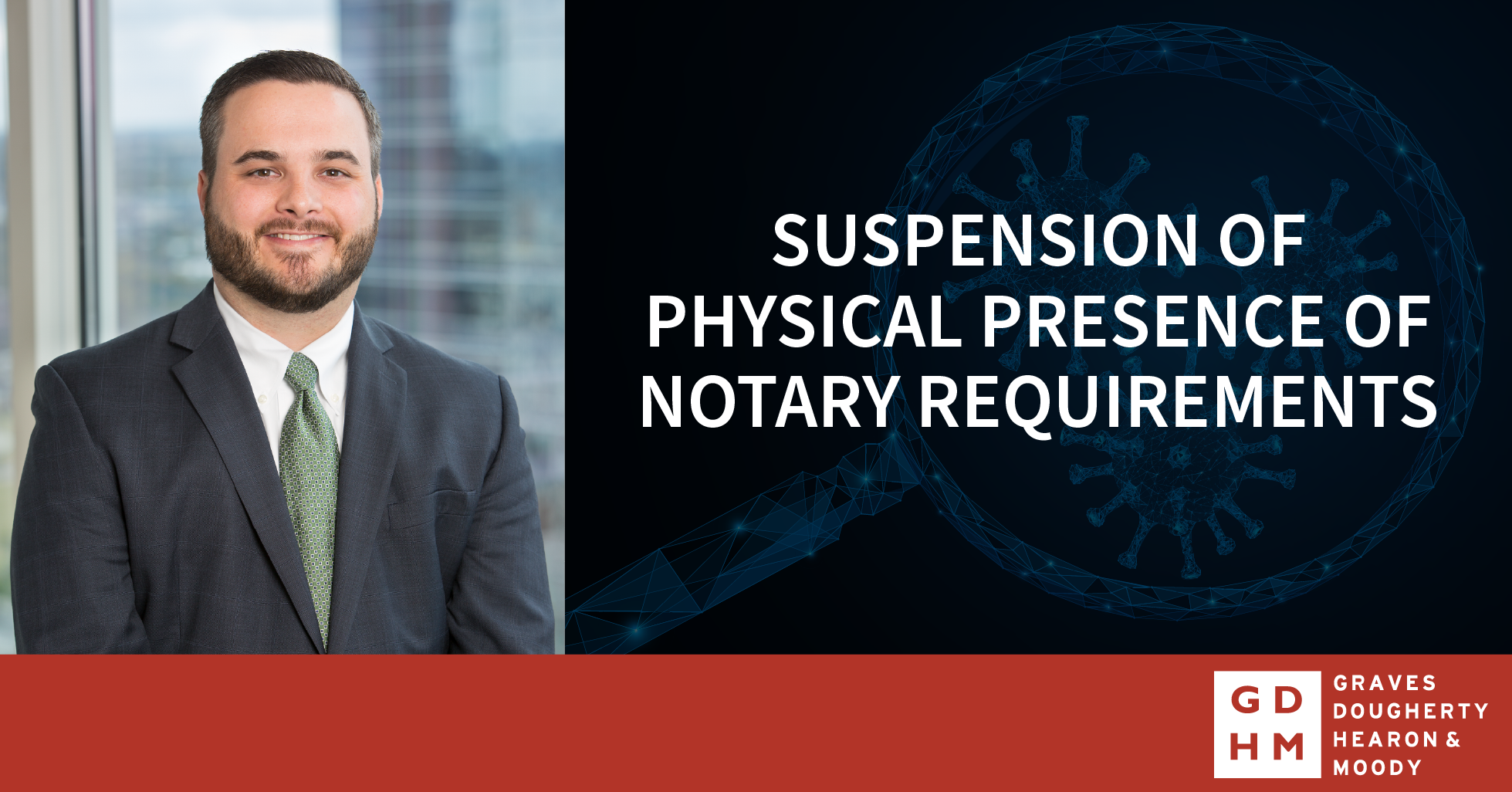
On April 9, 2020, Governor Abbott issued an order (the “Order”) that temporarily allows notaries to acknowledge certain documents by video-conference. In other words, the notary is not required to be physically present at the time the document is executed. The Order applies to the execution of the following documents:
- Self-proved wills;
- Durable powers of attorney;
- Medical powers of attorney; and
- Oaths of an executor, administrator, or guardian.
It is important to note that there are several conditions that must be followed whenever notarizing a document per the terms of the order. First, the notary is required to “verify the identity of a person signing a document at the time the signature is taken by using two-way video and audio conference technology.” The Order permits the notary to verify the identity of the signer either through personal knowledge of the signer’s identity or based on the signer’s “presentation of a government-issued identification credential, including a passport or driver’s license, that contains the signature and photograph” of the signer. After signing the document, the signer shall transmit a legible copy of the document to the notary via fax or other electronic means. The notary will then notarize the transmitted copy and transmit the notarized copy back to the signer by fax or other electronic means. At this point the notarization is deemed to be valid.
A full transcript of the Order can be found here.
The Order will remain in effect until terminated by the Governor or until the March 13, 2020 disaster declaration is lifted or expires.
Please note that the Order does not excuse any requirements regarding witnesses. In the case of a person’s will, the will must still be signed in the presence of two witnesses, who are at least 14 years of age and who subscribe their names to the will in their own handwriting in the testator’s presence*. Finding witnesses for the documents can be difficult given the current social-distancing requirements, especially when considering the provisions of Section 254.002 of the Texas Estates Code which provide generally that if a beneficiary under a will is also a witnesses to the will any bequest to that beneficiary are void**. There are some caveats to that rule, but generally it is never a good idea to have someone who is named as a beneficiary in your will to serve as a witness to your will.
John Conner is a member of the firm’s Estate Planning, Probate & Trusts team.
* Texas Estates Code Section 251.051(3).
**Texas Estates Code Section 254.002(a).